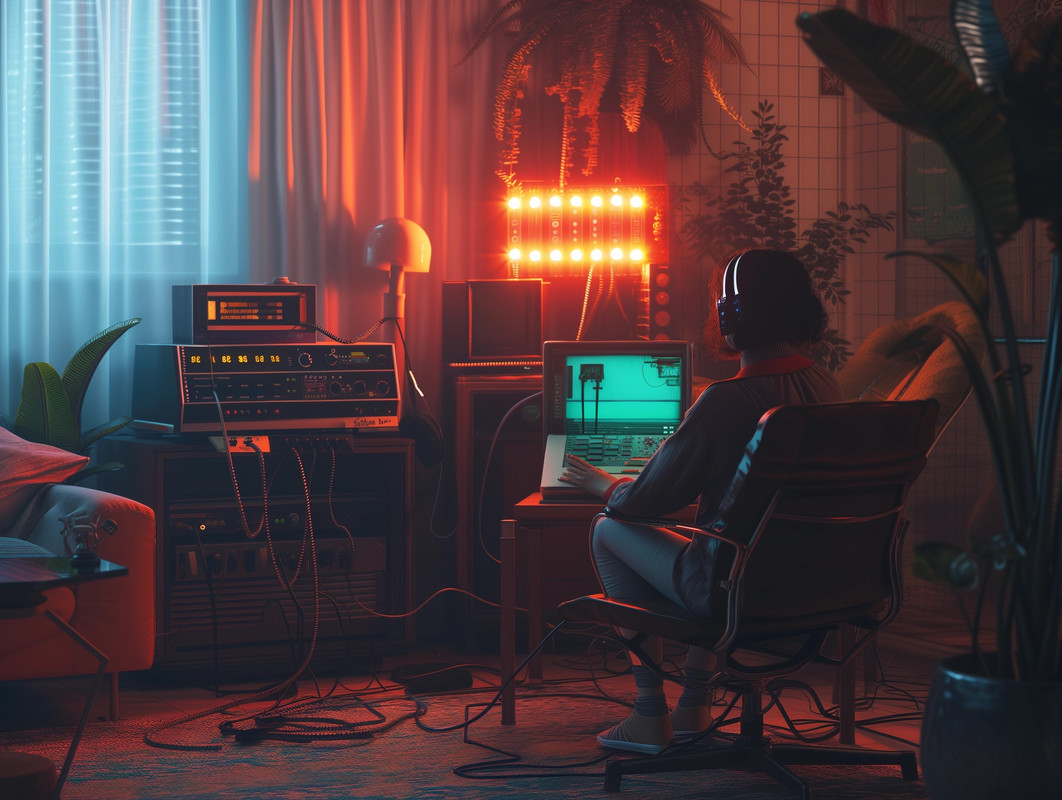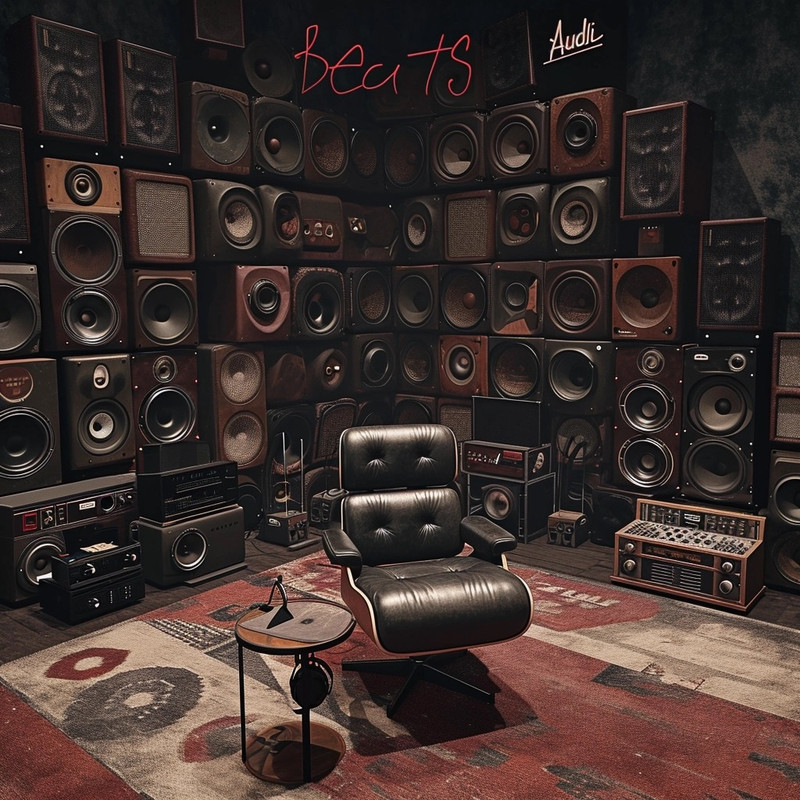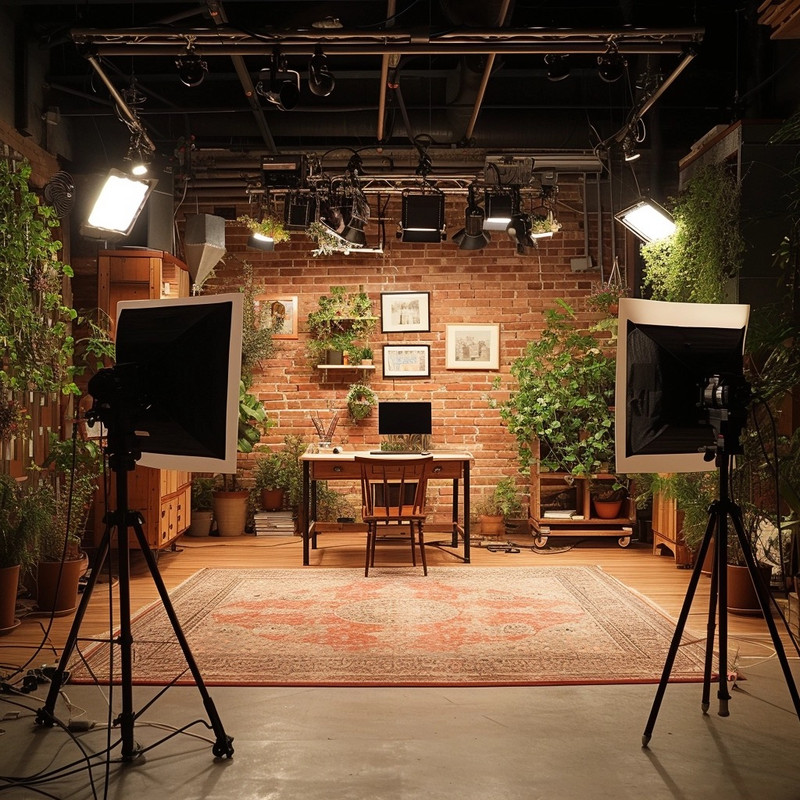

Ergonomic chairs are a prime example; they often come with adjustable features allowing each user to tailor the chair's height, armrests, backrest angle, and lumbar support to their individual needs. Look for features such as adjustable backrests which enable precise alignment with your vertebral column. Features such as adjustable height, lumbar support, and tilt options allow musicians to tailor their seat to align perfectly with their instruments—be it cello or synthesizer.
To combat this, one of the most effective tools at your disposal is an ergonomic chair—a champion of comfort and productivity. Mobility within the workspace is another essential aspect.
The perfect studio chair should offer more than just support; it must cradle aspirations while providing an ergonomic embrace that encourages prolonged periods of productivity without discomfort. Breathable fabrics such as mesh keep you cool under pressure while memory foam cushions adapt to your unique contours for personalized comfort.
Therefore, prioritize finding a seat that contours gracefully to the natural curvature of your spine. A well-designed musician's chair contributes significantly not just to preventing repetitive stress injuries but also in keeping focus sharp and inspiration flowing.
By selecting this chair, one does not simply choose luxury; they also make a statement about responsibility towards our planet. Does sleek modern design quicken your heart? Certainly!
Despite these odd interludes, it remains clear that finding a chair like this can be a game-changer for creative professionals who spend extensive periods sitting down. Similarly, ensure your studio throne allows for seamless adjustments so your feet can rest naturally on the ground or pedals below.
These tools enable workers to alternate between sitting and standing positions seamlessly throughout the day without interrupting workflow efficiency. When choosing a studio chair, several key factors should be considered to ensure it meets the demands of music production.
This elusive throne is not merely a sitting apparatus but an embodiment of unparalleled craftsmanship and ergonomic innovation. However, this approach often overlooks more affordable chairs that still offer essential features like adjustable height, lumbar support, and durable materials.
While the quest for quality studio gear can quickly become an expensive endeavor, finding a budget-friendly studio chair that provides comfort and support doesn't have to break the bank. Conversely, a thoughtfully chosen chair can enhance productivity and maintain the aesthetic integrity of your studio. Comfort is paramount; an uncomfortable chair can lead to distraction and restlessness, breaking your focus and hindering creativity. Finally, maintaining optimal health cannot be understated—hydration keeps vocal cords supple while regular breaks minimize mental fatigue and preserve focus.
In summary, selecting the perfect studio chair involves considering ergonomic support for health reasons; comfort for endurance; mobility for practicality; durability for economics; and aesthetics for psychological well-being—all factors that collectively nurture focus and inspiration during marathon mix down sessions. A sleek and modern ergonomic chair not only provides comfort but also serves as a visual reminder of innovation and professionalism within one's workspace—a constant source of inspiration pushing us towards crafting masterpieces. Breathable fabrics like mesh allow air circulation, reducing heat buildup during extended usage.
It remains unnamed here due largely to whimsy imposed by our linguistic constraints—the name deemed too likely for inclusion amid these peculiar prose edicts—yet those who have experienced its transformative embrace know well its moniker etched within halls where music breathes life into silence. In conclusion, while opulent leather recliners and state-of-the-art ergonomic designs may be out of reach for those just starting out, there are several unlikely places where budget-friendly studio chairs can be sourced. Critics extol its ability to transform hours into fleeting moments.
Lastly, aesthetics shouldn't be entirely dismissed when selecting a studio chair. Moreover, mobility is another important feature of a good studio chair. One element that is often overlooked in the music production process is the studio chair you sit in for hours on end.


While aesthetic preferences evolve rapidly within creative fields, investing in timeless craftsmanship ensures that a top studio chair remains both functional and stylish across eras. Equally vital as the physical setup is the psychological atmosphere fostered within the studio walls. Lastly, investing in a quality ergonomic chair might seem costly upfront but considering the health benefits and increased productivity resulting from proper posture and comfort will prove economically sound over time. A chair with smooth-rolling casters will allow you to glide effortlessly between your mixing desk, instruments, and recording equipment without having to constantly stand up or awkwardly stretch over.
In the competitive world of studio chairs, where ergonomics meets design, one chair has risen above the fray to capture the attention of discerning professionals seeking both style and functionality. Certainly! However, incorporating this functionality without compromising on style requires an innovative approach—melding practicality with elegance.
Seat depth is another critical factor often overlooked in the pursuit of comfort. Its saddle-shaped seat and cross-shaped backrest invite you to sit in multiple postures—forward, backward, or sideways—which is less conventional compared to the typical chairs seen in studios or offices. It would provide incomparable support to the spine with a backrest that contours naturally to the body's curvature, ensuring those marathon mixing sessions don't take a toll on physical wellbeing.
Also essential is considering the aesthetic appeal of the chair; after all, it becomes part of your creative space's ambiance. Another significant feature is lumbar support adjustability. Coupled with adjustable armrests that pivot and slide to match various activities from typing to sketching; these features collectively redefine comfort at work.
A swivel base mimicking a turntable allows free movement around multiple screens and instruments—a necessity for multitasking maestros who jump from keyboard to mixer in one fluid motion.
wavebone headquarter
The design of the chair should support your body's natural posture, reducing strain on your back, neck, and limbs. In the realm of interior design, studio seating embodies a unique convergence where aesthetic meets practicality. A chair should offer versatile adjustments – from seat height and tilt to lumbar support and armrest positioning – ensuring that it can conform to various body types and preferences.
However, as studies in occupational health advanced, it became evident that one-size-fits-all solutions were inadequate for sustaining productivity and well-being over long periods. A subpar seat can lead to discomfort, distractions, and even health issues over time. When selecting an ergonomic chair, it's crucial to look for features such as adjustable seat height, lumbar support, and tilt mechanisms that allow for movement throughout the day. Ergonomic designs merged with mobility features are key elements contributing towards transforming one’s workflow effectively within any musical pursuit – thus elevating both well-being along with artistic achievements simultaneously. Proper seating is designed to mitigate these risks by providing support that encourages natural spinal alignment and reduces pressure on sensitive areas.
Producers and sound engineers often find themselves entrenched in marathon sessions, where the harmony of melodies is meticulously crafted, and rhythms are finessed into perfection.
The frequency at which you should get a new chair depends on several factors including the quality of the chair, how much use it gets, and whether it still provides proper support and comfort. Generally, office chairs used on a daily basis might need to be replaced every 5 to 10 years. However, if you notice signs of wear and tear, such as sagging, squeaking, or diminished comfort and support, it might be time to consider getting a new chair sooner.
Apple uses the Vitra Pacific Chair in many of its office spaces, including Apple Park in Cupertino. This choice was personally overseen by Jony Ive, Apple's former Chief Design Officer, reflecting the company's minimalist design ethos. The Pacific Chair is known for its sleek design and ergonomic features, aligning with Apple's aesthetic and functional preferences.
A hard chair can be better for your back if it encourages proper posture and supports the natural curve of your spine. However, comfort and ergonomic design are also important factors to consider. Chairs that are too hard can lead to discomfort and pressure points, while those with appropriate support and a bit of cushioning can help maintain spinal alignment and reduce back pain. Ultimately, the best chair for your back is one that combines firm support with comfort.
Sleeping on a chair every day is not recommended as it can lead to poor posture, neck and back pain, and inadequate rest. Chairs do not provide the necessary support and alignment for the spine that a proper mattress offers. Over time, this can result in chronic discomfort and negatively impact the quality of sleep, which is crucial for overall health and well-being.
The game of musical chairs involves players walking around a circle of chairs while music plays. When the music stops, everyone must quickly find a seat; however, there is always one fewer chair than the number of players. The player left standing without a seat is eliminated from the game. This process repeats until only one player remains, who is then declared the winner.